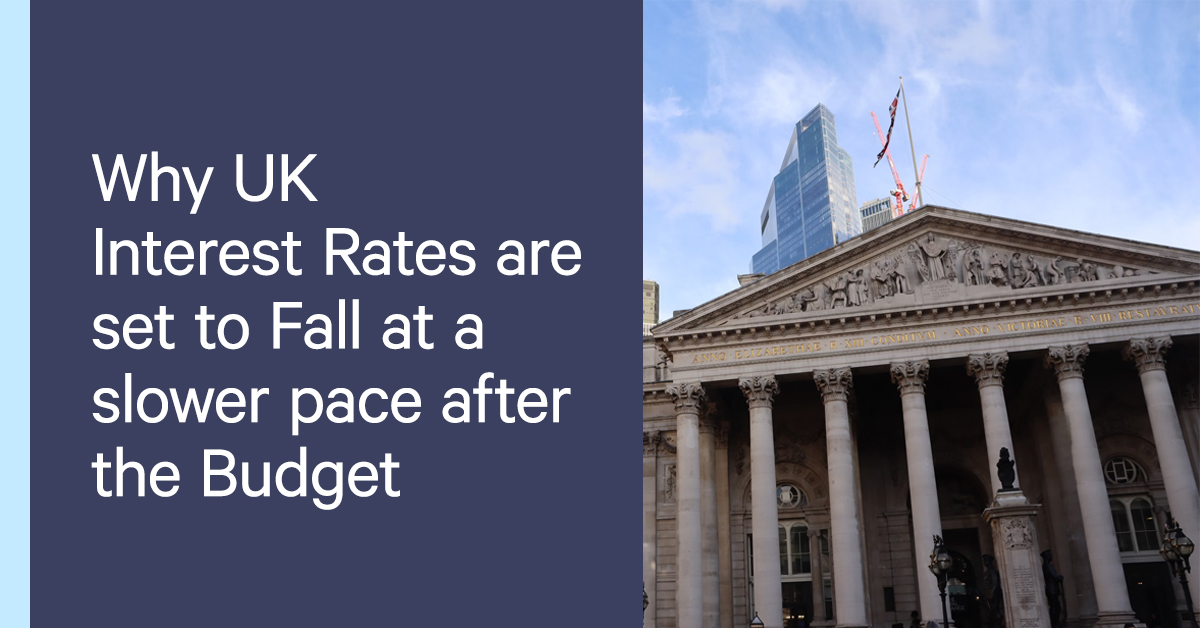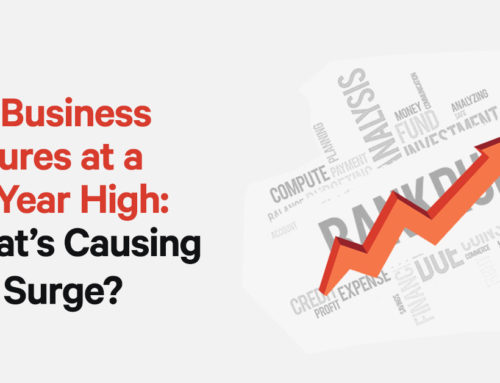Rising interest rates have influenced the UK’s economic environment over the past year as policymakers worked to control inflation. However, following the latest budget announcement, the pace of future interest rate cuts is expected to slow down. While many hope for a reduction in rates, the pace of these cuts is likely to be slower than initially anticipated. This article will explore why UK interest rates are set to fall at a slower pace after the budget and what this means for businesses and consumers.
The current state of UK interest rates
In response to rising inflation, the Bank of England has steadily increased interest rates throughout the past year. As of the latest reports, the base rate is at a 15-year high, aimed at curbing inflation by making borrowing more expensive and encouraging saving. This tightening of monetary policy has placed financial strain on businesses, households, and the wider economy, with higher mortgage and loan rates causing challenges for many.
Although inflation has begun to show signs of slowing, the process of reducing interest rates will not be immediate. The decision to decrease rates will depend on various factors, including the effectiveness of government fiscal policies, the overall health of the UK economy, and inflation trends.
Budgetary measures and their impact on interest rates
The most recent UK budget, presented by Chancellor Rachel Reeves, provides a glimpse into how the government plans to manage the economy in the months and years ahead. While the budget includes measures aimed at stimulating growth and alleviating the burden on households and businesses, the broader fiscal outlook suggests that interest rates may not fall as quickly as many had hoped.
Focus on debt reduction
One of the key themes in the latest budget is fiscal responsibility, particularly the government’s focus on reducing the national debt. This commitment to debt reduction has led to some tough decisions that impact the rate at which interest rates can be cut. With the government prioritising long-term economic stability over rapid expansion, there is less urgency for the Bank of England to lower rates quickly. Instead, the government’s focus on fiscal consolidation indicates that inflation control will remain the top priority, meaning any rate cuts will be slower and more cautious.
Economic growth and uncertainty
The UK is experiencing a period of significant economic uncertainty. Challenges like post-Brexit adjustments, the impact of the COVID-19 pandemic, and ongoing global economic instability make it difficult to predict future growth. A slow recovery in economic output has made it harder for the Bank of England to make quick decisions on rate cuts.
Policymakers must balance inflation control with fostering growth, which can be difficult in an unpredictable economic environment. In this context, the Bank of England is likely to take a cautious approach, making gradual adjustments to interest rates to avoid stifling any potential recovery.
Inflation and UK interest rates
Inflation has remained a primary concern for the Bank of England, with current levels still above the target rate of 2%. While inflation shows signs of improvement, it continues to present challenges in some areas, particularly in sectors like energy and food. These persistent price pressures may delay significant reductions in UK interest rates, as the Bank is unlikely to risk stoking inflation again by cutting rates too quickly. The Bank of England will be cautious and focused on making sure that inflation continues to ease before reducing interest rates at a faster pace.
The role of global economic conditions
While UK economic policy plays an important role in shaping interest rates, the global economic environment has a significant impact, too. Factors such as rising energy prices, global supply chain disruptions, and geopolitical instability continue to affect the UK economy. These external influences complicate the prediction of when inflation will return to more manageable levels and interest rates can be reduced.
If global inflationary pressures carry on, the Bank of England may face further challenges in cutting rates quickly. While the UK government’s fiscal measures may help stimulate the economy, the broader global environment remains unpredictable, which could further delay any fast-paced reductions in UK interest rates.
The impact on businesses and consumers
The slower pace of UK interest rate cuts will have consequences for businesses and consumers. For businesses, the cost of borrowing is an important factor in investment decisions. Slower rate cuts mean higher costs for financing, which could lead them to hold off on expansion or investment plans, which could have a knock-on effect on job creation and overall economic growth.
For consumers, interest rates affect mortgages, loans, and credit card repayments. A slower pace of rate cuts may lead to prolonged financial strain for households, particularly those with large mortgage debts or personal loans. Although the government’s budgetary measures may provide some relief, many households will continue to face higher living costs until interest rates fall to more manageable levels.
What does this mean for the UK’s economic recovery?
The UK’s key challenge is finding the right balance between controlling inflation and supporting economic growth. While the government’s fiscal measures aim to stimulate growth and reduce debt, cutting interest rates may be slower than expected. This gradual approach could mean the UK’s economic recovery takes longer.
The slower reduction of interest rates is likely to delay the pace of recovery, as both businesses and consumers will continue to face higher borrowing costs. The key for policymakers is to carefully manage this transition to avoid stalling growth while still addressing inflation concerns.
Looking ahead
The latest UK budget has set the stage for a slower pace of interest rate cuts than many anticipated. While fiscal measures are designed to reduce debt and encourage growth, the focus on inflation control and debt reduction suggests that rate cuts will be more gradual. As businesses and consumers navigate the current economic climate, staying informed about future economic developments is key to managing the challenges ahead.
Need help navigating your financial future?
If you’re struggling with debt or looking for professional advice on your financial options, we’re here to help. Our experienced team of insolvency practitioners can guide you through the best solutions for your situation. Call us on 0800 246 1845 or email us at mail@leading.uk.com for impartial, expert advice tailored to your needs.






